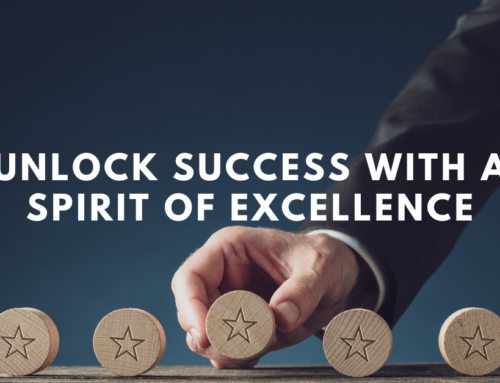The last two years of the pandemic turned work-life balance into somewhat of a myth. As the primary location of both work life and home life merged into work-from-home setups, many of us struggle with dividing those worlds.
Statistics from Zippia in 2021 showed that 77% of employees in America experienced burnout at their current jobs, while 83% said their personal relationships are negatively impacted by burnout from work. Most employees also said they check their work emails outside of work, and almost half of employees label themselves as workaholics. These are staggering statistics about the way we valued work-life balance in the last few years.
Luckily, as we begin to recover from the pandemic, and the world continues to open up, the ecosystems of work and home are slowly but surely beginning to untangle. But, with that comes the new challenge of figuring out how to find our way back to the work-life balance we used to have.
So, if you are currently in the business of navigating the increasingly opening-up post-pandemic world, or if you never knew how to find work-life balance, to begin with, read on as I share with you five tips to achieve a work-life balance in 2022.
1) Actively Set Boundaries
There is a lot of power in the word “no” that a lot of us are afraid to wield. Many of us worry that outright rejection is too harsh, especially when it’s towards the boss that pays you or the co-worker who’s always been nice to you.
But in reality, actively setting boundaries is the simplest way to make sure that you can attain a work-life balance. There’s no harm in saying “no” or “it’s past work hours, I’ll get to it tomorrow,” or “please don’t message me on the weekends.” It’s the truth, and doing otherwise will only reinforce the idea that you’re perpetually available for work, even when you shouldn’t be.
Don’t be afraid to say no to tasks outside of work hours. It isn’t unprofessional, and certainly not as unprofessional as forcing an employee to go over time. If you’re worried about your boss or your co-workers hating you for having boundaries, that probably wasn’t a good place to work anyway.
2) Work Smarter Instead of Harder
Every perfectionist has had this problem. A lot of times we feel that every single thing we do at work deserves the maximum effort, because hey if it’s worth doing, it’s worth doing well. And while this is an honourable mindset, the hard truths are that not everything can be our greatest achievement, and we only have so much of ourselves to give.
You’ll find that when you start valuing efficiency and optimisation, you aren’t just improving your work-life balance, you’re also getting more things done. Because at some point, putting too much effort just results in diminished marginal gains. You’ll be doing more, but with less output. And why would you want to do that?
So, consider prioritising tasks, tracking your time, and putting less effort into less important things. You’ll see that in maximising the work side efficiently, you can better balance the life side.
3) Set Specific Goals
Having a messed-up work-life balance often makes tasks on both ends feel a lot more overwhelming. Luckily, there’s a simple way to solve this problem.

In the same way that we cut and chew our food before we digest, big tasks often just need to be broken down into more manageable, specific goals. Have a 5000-word report due in a week that’s hovering over you? Write 700 words a day, and you’ll get it done.
Often, the desire to finish everything in one sitting leads to unreasonable pressure. So don’t inflict that on yourself and make your goals more realistic. Soon enough, all that chipping will lead to a finished task.
4) Don’t Monetise Your Hobbies
We often hear the adage “do what you love, and you’ll never have to work a day in your life.” I think that there’s truth to it, especially if you’re in the upper echelon of people in your field. However, to that adage I raise a new one – “doing what you love is the fastest way to stop loving what you do.”
Nowadays we always hear advice that when we like something, we should turn it into a career or a business. But for most people, this is the fastest way to give you a messed up work-life balance. It’s okay to treat your hobbies as expenses, and it’s okay to get into a career away from what you’re passionate about. Doing so will likely help you value those things more and give your life purpose outside of just work.
But if you’ve already found yourself in a career you thought you’d be passionate about but found your passion killed, then perhaps try to find a new hobby or a new aspect to the thing you’re passionate about that doesn’t overlap with your job. I assure you you’ll find newfound purpose and mindfulness in the things you do.
5) Know Your Job is Just a Job
For most of us normal people, it’s okay for our jobs to just be that – jobs. There’s no shame or lost success in compartmentalising your work as a necessary obligation to sustain your daily needs. In understanding that, you can start properly appraising your job as something that doesn’t need to come at the expense of the other things that make life beautiful – family, hobbies, travel, or whatever it is that gives your life peace.
To your success,
Mario
[Visit www.mariosingh.com now to enjoy a FREE e-book of my latest “37 Essential Principles for Massive Success” when you subscribe!]





